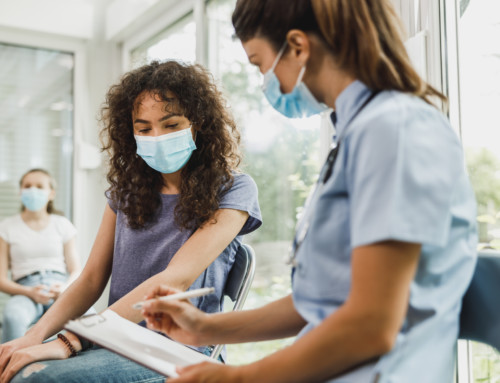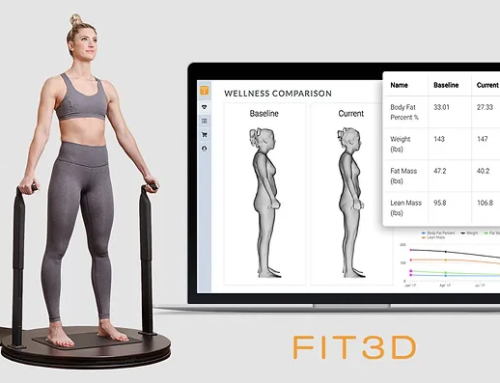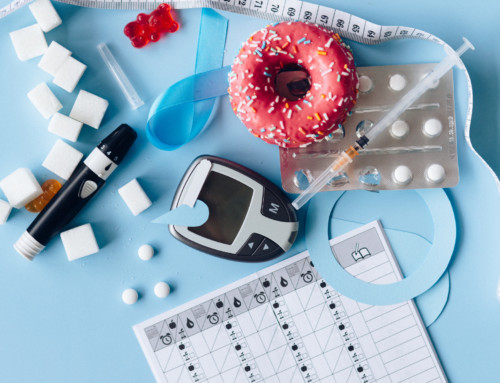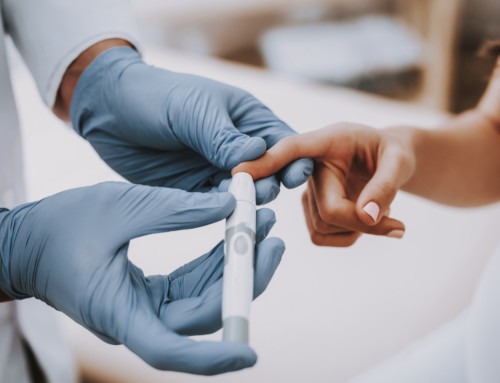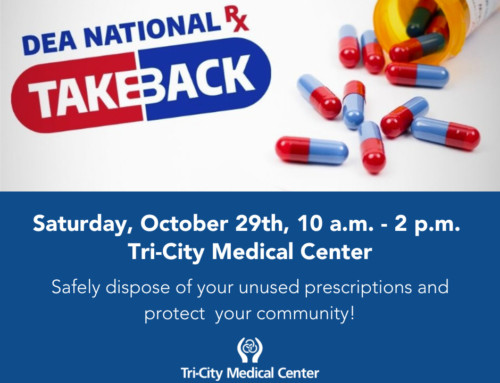Living in San Diego is like living in paradise – we get to enjoy being outside year-round thanks to our sunny weather! But whether we’re surfing, walking or just building sandcastles at the beach, our frequent exposure to the sun’s UV rays requires us to practice good sun safety to protect our skin and reduce the potential for skin cancer.

Ole Snyder, MD is a board-certified Family Medicine physician at Tri-City Medical Center with almost 25 years of experience in dermatology and complex dermatologic surgery. As former medical director for the Association of Surfing Professionals, now known as the World Surf League (WSL), Dr. Snyder knows firsthand how too much sun can damage skin. “Throughout my career, I have always been aware of active lifestyle skin issues as I serve as a volunteer physician for the pro surf World Tour that often takes place in locations with tropical climates. I currently see many SoCal surfers in my practice because I know their health issues from being outdoors and in the water all the time.”
Overexposure to the sun’s ultraviolet (UV) rays can cause sunburn, which increases the risk for skin cancer. The American Academy of Dermatology (AAD) estimates that one in five Americans will develop skin cancer in their lifetime, regardless of skin color, and that almost 9,500 people in the U.S. are diagnosed with skin cancer every day. To minimize sun exposure, the following preventive tips are recommended:
- Avoid the midday sun between the hours 10:00 am to 4:00 pm.
- Always seek shade. Keep in mind that the sun’s UV rays can penetrate clouds.
- Wear sunglasses, as well as a hat, as eyes, ears, face and neck are especially prone to overexposure.
- Cover up with tightly woven, loose-fitting clothing in dark colors. Select UPF clothing made from fabric designed for sun protection and check the label for the UPF rating. Ultraviolet Protection Factor (UPF) is a rating system for clothes, similar to Sun Protection Factor (SPF) used for sunscreen products, which measures a fabric’s effectiveness at filtering UVA and UVB rays.
- Apply sunscreen with SPF 15 or higher every day to block UV rays. Reapply sunscreen (even the water-resistant kind) every two hours. Wear it under makeup and under insect repellant.
- Download a UV index app or check the weather app on your phone to monitor the daily UV index in your area
There are two types of skin cancer – non-melanoma and melanoma – both of which are associated with exposure to UV rays from the sun. According to the AAD, the warning signs of skin cancer include changes in size, shape or color of a mole or other skin lesion, the appearance of a new growth on the skin, or a sore that doesn’t heal.
“Anyone who suspects that they might have skin cancer should be screened,” said Dr. Snyder. “ In my practice, I offer a range of dermatological services from the simple to complex for the diagnosis, treatment and management of skin cancer. I can evaluate moles and lesions to determine if they are benign or malignant, and then treat skin lesions using minor cryotherapy, which is a procedure to destroy tissue using liquid nitrogen. Additionally, I perform flap surgery, using skin from the surrounding tissue, to repair the wound left from the removal of the skin cancer. Patients who need plastic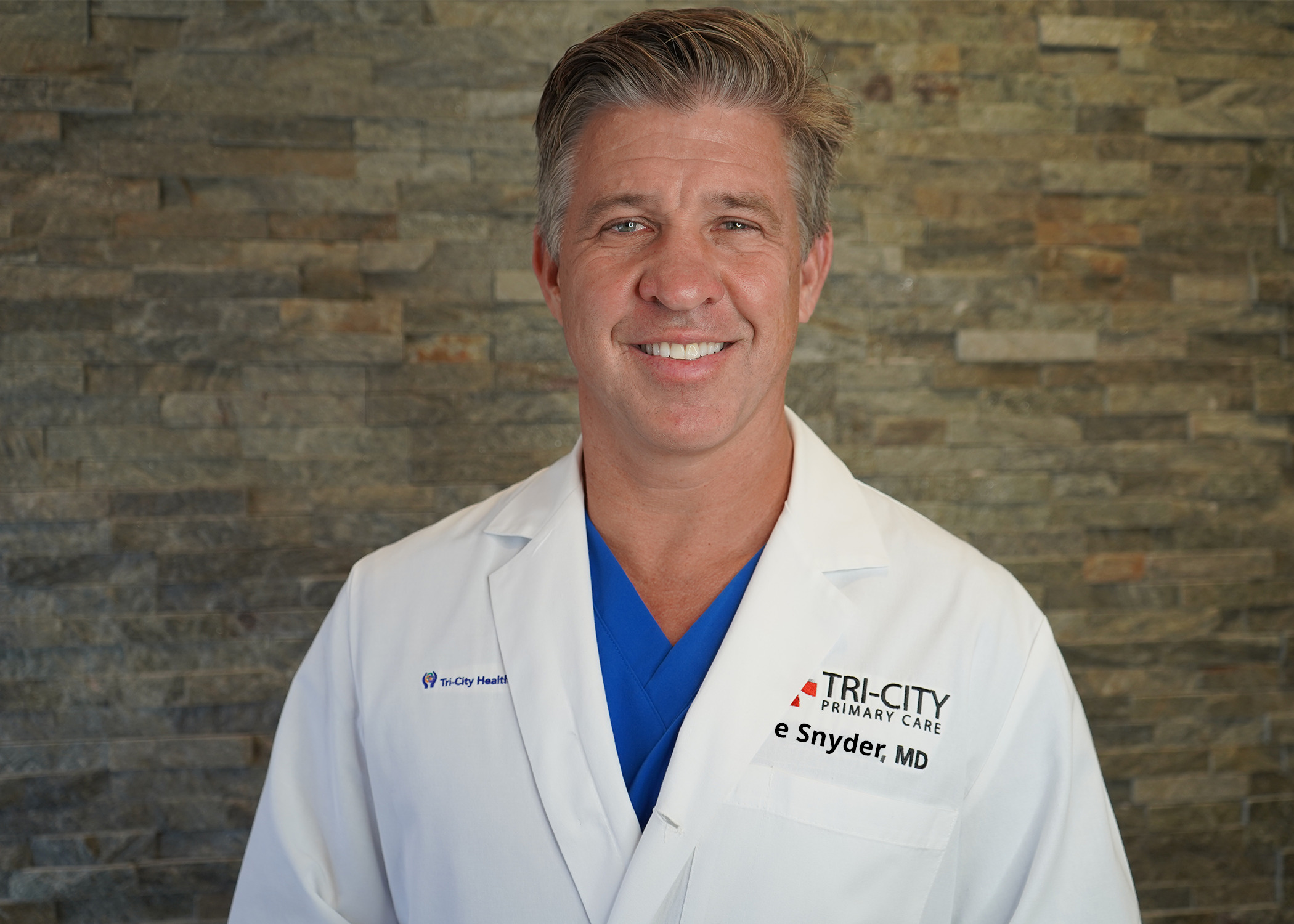 surgery or a procedure requiring deep general anesthesia are referred to the appropriate specialist.”
surgery or a procedure requiring deep general anesthesia are referred to the appropriate specialist.”
There are several innovative technologies available to examine moles and skin legions for melanoma. One test involves a clear, smart sticker that is placed over a mole to detect genetic markers for the disease. The sticker is sent to a lab for analysis and the results returned to the physician within several days. Another is dermoscopy, a non-invasive procedure that allows a physician to see below the skin by using a hand-held dermatoscope, an intense magnifier.
“By using state-of-the art skin care treatments, such as these that are available at Tri-City Medical Center, patients can often avoid undergoing a punch or excisional biopsy of the mole or lesion,” said Dr. Snyder. “Both involve cutting into the skin and then sending the skin sample to a lab for examination. Ultimately, the goal is to prevent skin damage by using common sense sun protection so that you can enjoy all of the outdoor activities that our community has to offer.”
To learn more about the Family Medicine Services offered at Tri-City Medical Center, call 855-222-8262.
